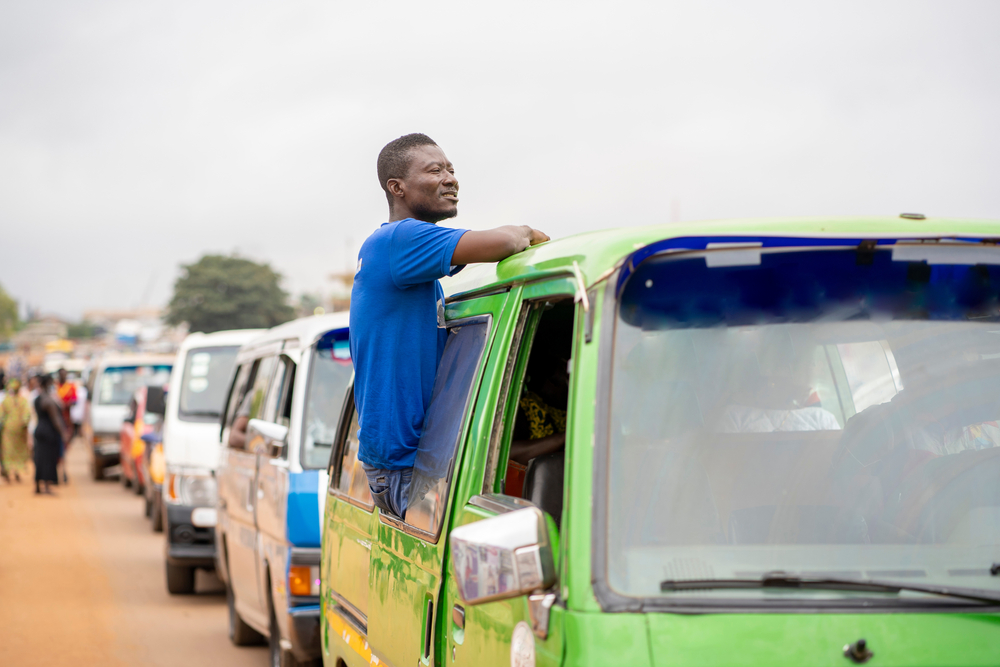
By Patrick Asemda
Transport Officer, YOTA.
Road transport is the most affordable and widely used mode of transportation globally and Ghana is no exception. It plays a critical role in moving people, goods, and services from manufacturers to consumers. Whether through government-owned vehicles or private ones, from large trucks and buses to motorbikes and even wheelbarrows, road transport ensures that key economic and social functions continue in our daily lives and across national economies.
However, in many constituencies, districts, and even entire regions, the road transport sector is facing numerous challenges that threaten its efficiency, affordability, safety, and security. Although it is generally considered a low-cost option, road transport can become expensive due to several issues such as poor infrastructure, vehicle breakdowns, rising fuel prices, expensive vehicle maintenance and insurance policies, extortion, insecurity, and poorly trained drivers.
One of the most pressing issues is the deteriorating road infrastructure in many parts of the country. Damaged traffic lights, potholes that become manholes, eroded roads, crumbling bridges, poor road markings, and missing or unclear road signs all contribute to accidents, vehicle damage, increased maintenance costs, and delays in transportation. In both rural and some urban areas, many roads are unpaved or become impassable during the rainy season, isolating entire communities from access to food, water, healthcare, education, and job opportunities.
Another immediate challenge is the continuous rise in fuel prices. This affects commercial drivers, transport companies, and commuters alike, significantly impacting profit margins and household budgets. Fuel price increases often trigger a ripple effect across the economy, raising the cost of goods and services. Because the government has limited control over commodity pricing, higher transportation costs ultimately fall on the end user.
Roadside exploitation is yet another issue. Drivers are frequently forced to pay unauthorized fees at illegal checkpoints manned by non-state actors or corrupt officials, even when they have the necessary documentation like licenses and waybills. These illegal roadblocks are especially prevalent in remote areas where law enforcement is weak, eroding public trust in authorities.
Security is also a major concern. Incidents of armed robbery, both during the day and night, are increasing on both urban and rural roads. Criminals, and in some cases, individuals in uniform, prey on drivers and passengers traveling on isolated routes and even on busy roads. Powerful motorbikes are used amid gunshots. These attacks not only lead to loss of property but also risk lives, causing emotional trauma and, in some tragic instances, death.
Driver behavior and lack of professional training further compound the problem. In efforts to mitigate rising costs from fuel, extortion, and time loss, many operators resort to overloading their vehicles with passengers or cargo. This practice is hazardous and significantly increases the risk of accidents and vehicle breakdowns. With inadequate towing services in the country, broken-down vehicles are often abandoned in unsafe locations without proper warning signs, putting other road users at risk.
To conclude, as the Ghanaian hip-hop artist Reggie Rockstone once sang, “Could it be you were never told? Keep your eyes on the road.” Staying safe and vigilant is not only a personal responsibility, it’s a patriotic act. Drive for your safety, and for the prosperity of your country.







